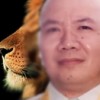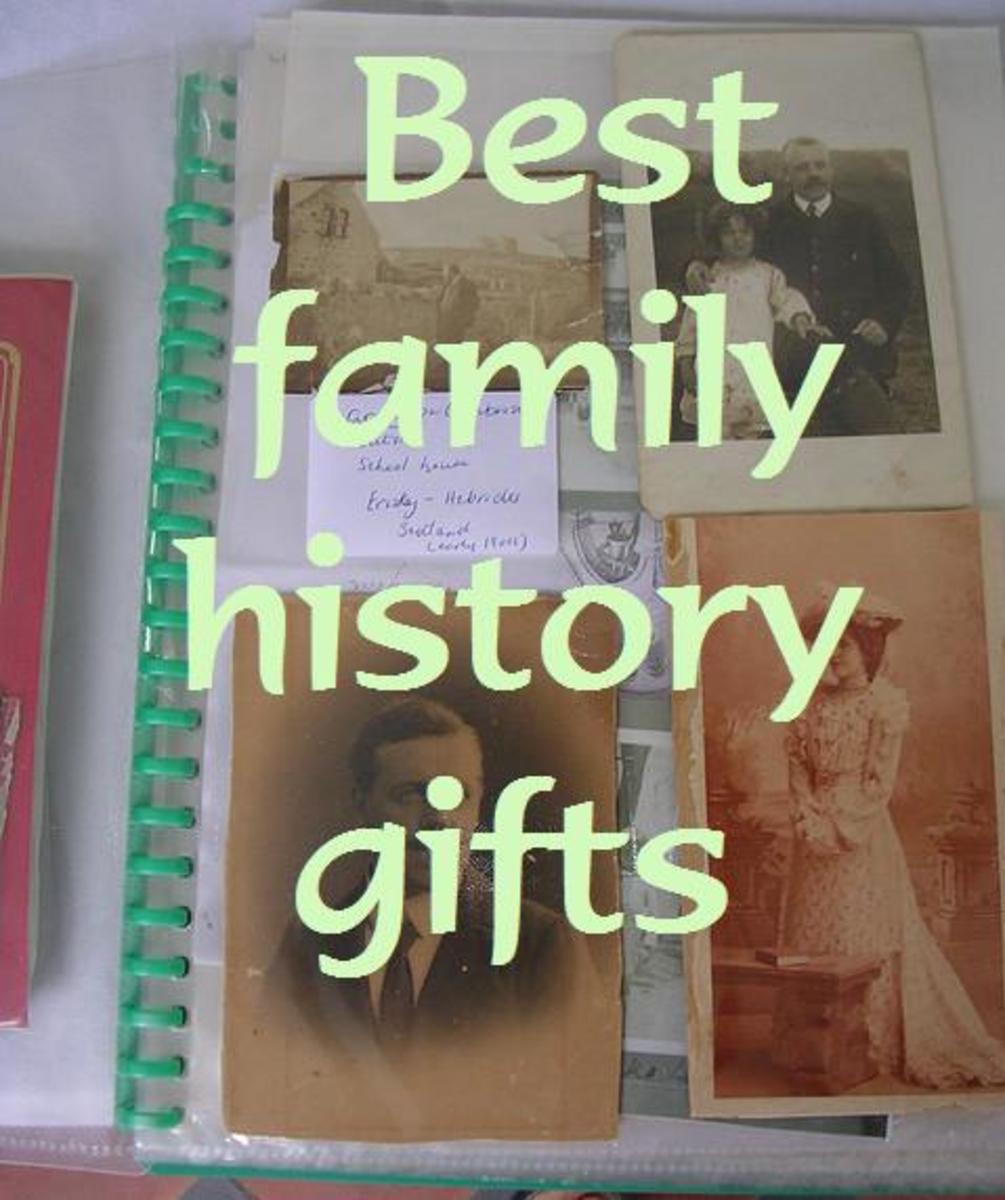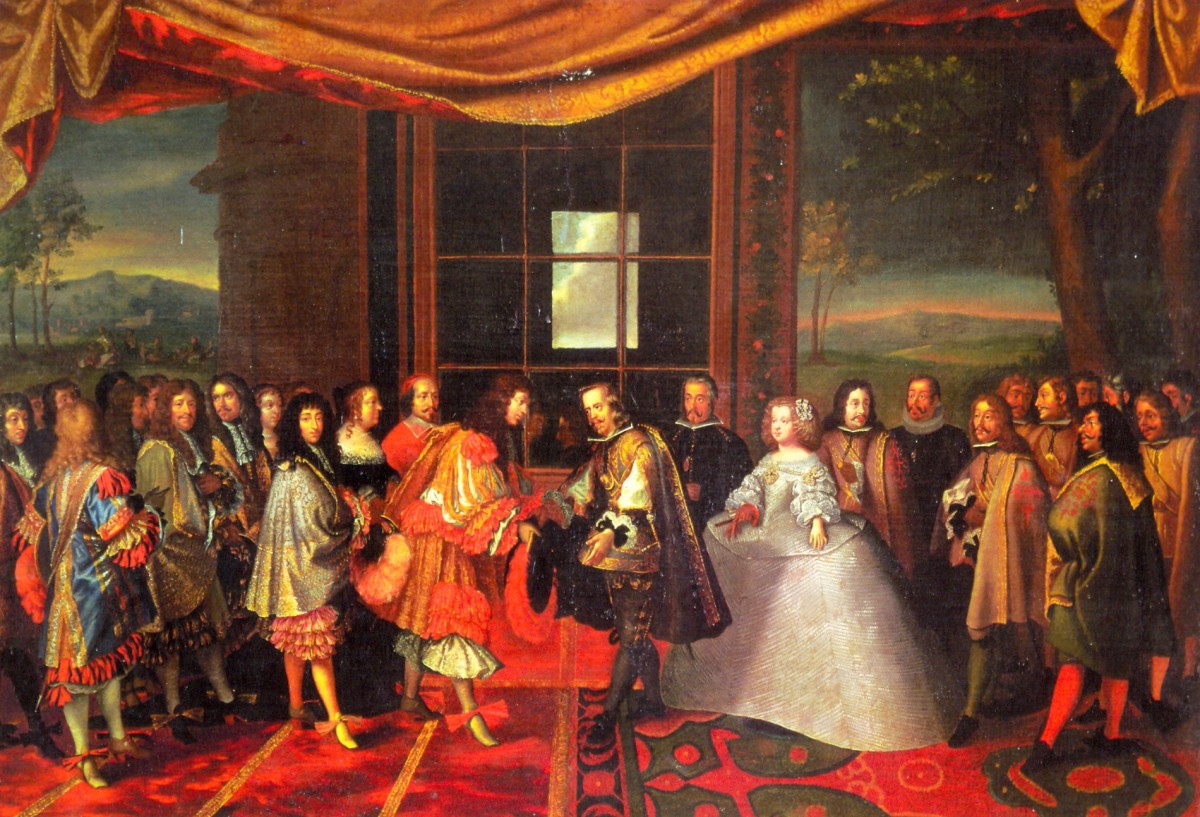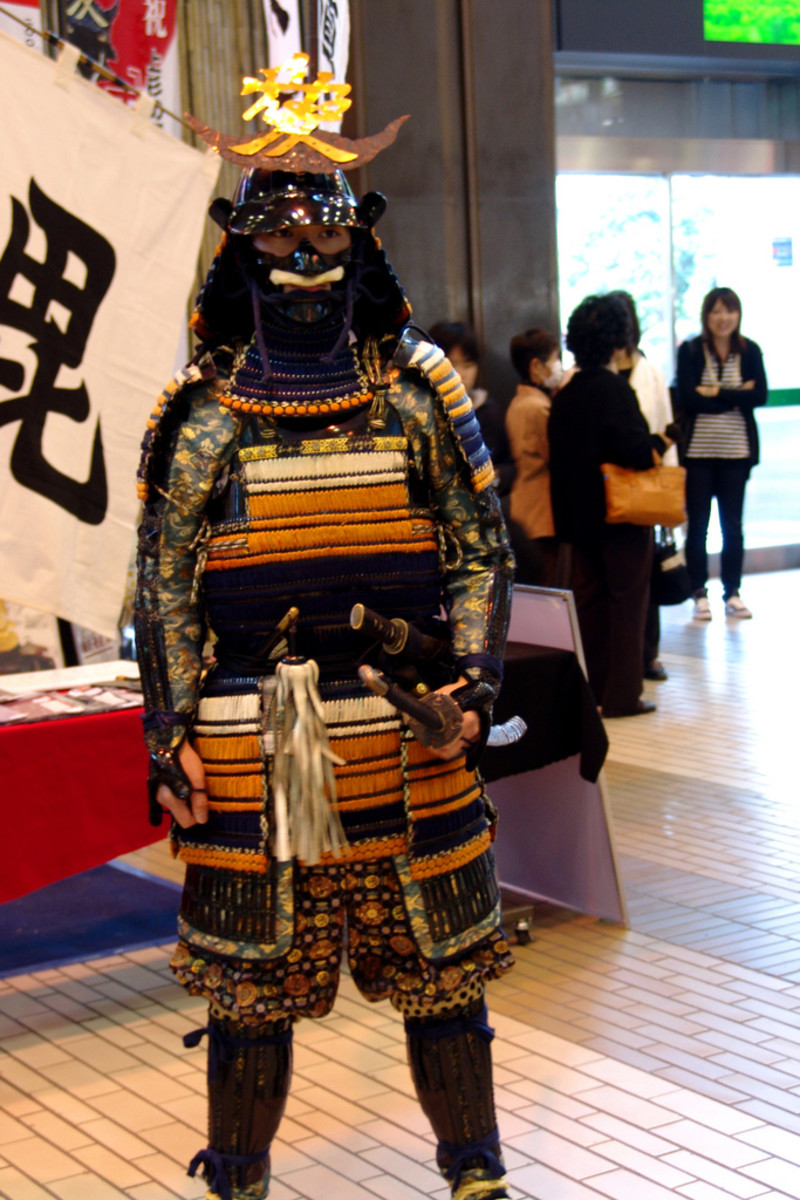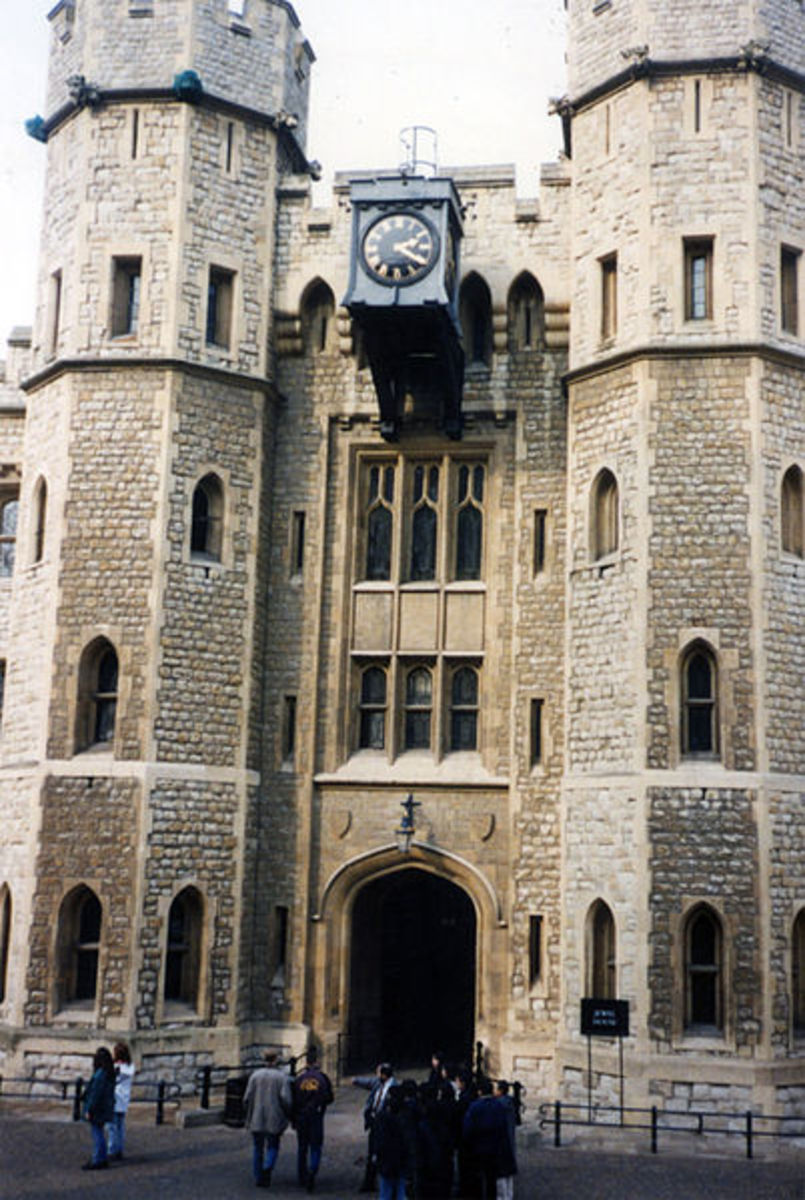Oral History: Process Documentation II
Application of the Process of Oral History
Techniques and Procedures of
Intelligence by the HUKBALAHAP 1941-1945
A. Objective
The researcher after consulting a lot of books about intelligence during the Japanese Occupation of the Philippines found out that the Filipino guerrillas did not receive any formal training in intelligence until the Villamor Intelligence Mission arrived in the country. Much to his surprise Luis M. Taruc, the only living guerrilla leader during the Japanese Occupation of the Philippines is not given the honor as a successful guerrilla leader, although, in all indications he was because the Hukbalahap even continued to exist even after the war ended. His life and struggles were romanticized by a number of publications, more than any other guerrilla leaders during the war. Most of these works focus on his leadership and his romance with peasant struggles against the government. Although, accused of some radicals to be uncompromising, Taruc is a living hero of the war, an institution in his own right, and a champion of the oppressed. He fought for and with the masses, and dedicated his life for them. He never refused the call for assistance for any agrarian or urban poor problems. His leadership and services went beyond his provincial and regional territories, even as far as Mindanao.
It appeared that the authors that romanticized Taruc’s life failed to discuss his strategies for successful operations against the Japanese. This is not only in the field of battles but more in intelligence operations. Accordingly, there were more wars that had been decided on the table than in the battlefields, of course this refers to intelligence.
On the other hand, Taruc on his part to consolidate their forces, the union of the Socialist Party and Partido Komunista ng Pilipinas was approved for a possibility of the Philippines to be drag into the war because of the Americans. There were organizational meetings in the territories of Taruc and the formation the Hukbong Bayan Laban sa Hapon or Huk. Taruc said that between two evils, the Americans and the Japanese, they preferred to side with the lesser evil, the Americans. As history has it, Taruc and others were right. The country was dragged into a war that was not their own. The Huks fought against the Japanese in their own territory. Since intelligence is important for the success or failure in offensive or defensive operations, then, it must be obtained by all means. How the Huks did it, in spite of their inadequate knowledge of the trade is the concern of this study.
The interest of this research is to compare the procedures and techniques of Huks.
B. The Selection of Informants
The selection of informants was a difficult one because of the fact that Military Intelligence is always cloaked with secrecy. So this researcher decided to concentrate on Luis Taruc the acclaimed Supremo of the Hukbalahap even today.
C. The Interview Techniques and Procedures
The researcher found it hard to locate the residence of his niece, until he called her again and to his surprise he was asking for a phone from the very person whom he contacted. So Taruc’s niece called for him and informed him that the researcher had already arrived. He was led to a corridor to the dining room where Taruc was waiting. After some pleasantries, the researcher introduced himself and gave Taruc the same set of questions that he gave to Ocampo. He also asked permission to record the interview because of its significance. Taruc willingly agreed also. He was however told to feel free to talk what he would to share with the researcher. When he was ready, he was requested to first state his name and other personal data that he would like to share. Taruc started methodically relating his life. When the topic is interesting the researcher also shared his life, thus, felt at ease during the interview. His sharing ranged from his life as a student, his ideologies in life, and his political opinion, which could not escape the comment of the researcher also.
In the middle of the interview her niece came with his medicines. He told the researcher that his niece is a nurse who took care of him because he just recently suffered from heart attack. For curiosity sake the researcher felt his pressure points and applied some pressure and his muscles responded, so he said, he would massage him after the interview session. Taruc was very glad of the offer. The interview followed and Taruc was very conscious if the tape is still working for it was more than an hour then. The researcher told him that the tape is good for two to three hours and he continued relating his story.
The researcher allowed Taruc to go on sharing and pouring his minds during the interview for it was a rare occasion that he could come face to face with history, or dialogue with history. After the interview, Taruc commented that there were some topics that are still controversial but he could not help sharing them because he likes to share it with people who are also service oriented. He even invited the researcher to go with him in Pampanga and lecture about the cooperative for he believes, as the researcher also believe, that cooperatives if properly managed could help alleviate the people from poverty. The researcher gave Taruc a “shiatsu” massage after the interview of which Taruc was very thankful. Taruc invited the researcher to visit his office after the completion of the research. The researcher did visit Taruc and brought him fruits. He was later invited for lunch together with other Huk Veterans.
D. Transcription
Because of the sensibility of some topics that Taruc had said, only few portions were transcribed at first for fear that the data might go to the wrong hands. However, since its complete transcription is needed for this research, the researcher continued the long overdue work on transcription. The transcription is verbatim, but some grammatical errors like subject and verb agreement, these are corrected to make the paper presentable without sacrificing details as understood by the researcher. The Filipino answers and narratives are maintained.
After leaving the taped interview for sometime, the complete transcription brought about new insights about the Huks during the war. It confirmed with some works on the Hukbalahap and denied other allegations from people who considered the Huks as a threat to peace and order. Further review of the answers and the sharing of Taruc, who would not like to be address as “Sir” but Ka Luis, will convince any reader the wisdom and his consciousness of history, which other leaders did not possess.
[1] Gilbert J. Garraghan, A Guide to Historical Method (Chicago: Fordham University Press, 1946), pp. 118-119.
[2] Ibid., pp. 119-120.
[3] Ibid., p. 131.
[4] Louis Gottschalk, Understanding History: A Primer of Historical Method (New York: Alfred Koff, 1950), p. 104.
[5] Ibid., p. 114.
[6] Nigel Cross and Rhiannon Barker, "The Sahel Oral History Project," The Oral History Reader (London and New York: Routlege, 1998), p. 246.
[7] Joanna Bornat, "Oral History as a Social Movement," The Oral History Reader (London and New York: Rutledge, 1998), p. 190.
[8] Robert Perks and Alistair Thomson, The Oral History Reader (London and New York: Rutledge, 1998), p. ix.
[9] Ibid., p. 1.
[10] Belinde Bozolli, "Interviewing the Women of Phokeng," Oral History Reader (London and New York: Rutledge, 1998), p. 152.
